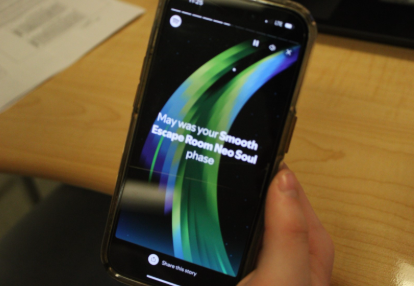A, B, C, or D: these are normally the four answer options students are presented with when taking an assessment at schools all across the country, including Patriot High School. This form of testing is commonly known as standardized testing, and it’s one of the most popular forms due to the simplicity in grading and objective scoring methods. However, many people have been raising questions about its accuracy of measuring students’ knowledge, while others have still been vocally supporting it. So, what are the pros and cons?
To fully understand this kind of testing, it’s important to know the history of it being developed and implemented nationwide into nearly every school. According to the National Education Association, the idea of standardized testing started to become articulated by educators in 1838, with mandatory written examinations dating back to pre-civil war. By 1916, The College Board had developed standard exams in six subjects, and in the fall of 1920, The World Book published over half a million new tests to be sold to and used in schools.
There is a reason that standardized testing is so popular. According to Britannica, this form of testing can ensure that all student scores are objective and fair across the student population. This kind of evaluation is also a good indicator of future success in college and the workforce.
Proponents of standardized testing also argue that, in life past education, evaluations are measured on a more linear scale. Testing in a more objective way, like public schools now, will help prepare the next generation for the fact that not everything can be tailored to or personalized to maximize success.
While there are many arguments supporting it, there are a variety of objections as well. It’s been shown that standardized testing tends to “teach the test” instead of all available material, limiting the scope of knowledge students have the chance of learning and retaining. Additionally, points have been made that this kind of testing limits creativity, while also not providing any feedback to the student on how to improve and understand better.
While online resources can provide good points for both pros and cons, what is a teacher’s perspective on it?
According to Michelle Cooper, a teacher at Patriot High School and AP test grader, both sides of the argument have valid points: “Not every kid is going to have the same success with standardized testing, [but] I do think standardized testing is a realistic portrayal of how the world works. It’s not fair, but it’s realistic…if you’re going to higher education, you’ve got to know how to answer multiple choice question exams.”
Cooper also mentioned how some subjects are more equipped to handle standardized testing than others: “…History: yes, English: yes, science and math…? I’m not a math teacher, but I sometimes wonder if some of the changes they’ve made with senior testing and math if there’s a better way, because math is not the same, science is not the same [as history and English].”
Students have also expressed their own opinions on standardized testing. A major concern is about those who may have mental roadblocks that prevent them from performing optimally. Mataya Rentzsch (‘26), a student at Kettle Run High School, states that “People who might learn differently are those [who] may have mental setbacks—I personally have ADHD, so I learn with very hands-on activities. I can’t learn if someone is talking at me and lecturing me…this can cause issues [with] the SAT and ACT because I can’t sit still very long, so [I blank] on a lot of those questions.”
Rentzsch also added that “I do think schools should try to better accommodate these students.”
While these are valid concerns, it could be a long and complicated process and cost a lot of money before schools can switch out standardized testing with something else. Many argue that, because of the benefits, keeping standardized testing is the right way to go, but to also use other tools along with it to assess students due to its pitfalls—and this seems to be the best way to compromise in the future.
Overall, it seems that the general opinion of standardized testing as of now seems to be relatively mixed, with both sides presenting valid arguments. Currently, though, many elite universities seem to be requiring the submission of ACT and SAT scores for admission, so it doesn’t look like standardized testing will be leaving the academic space any time soon.








